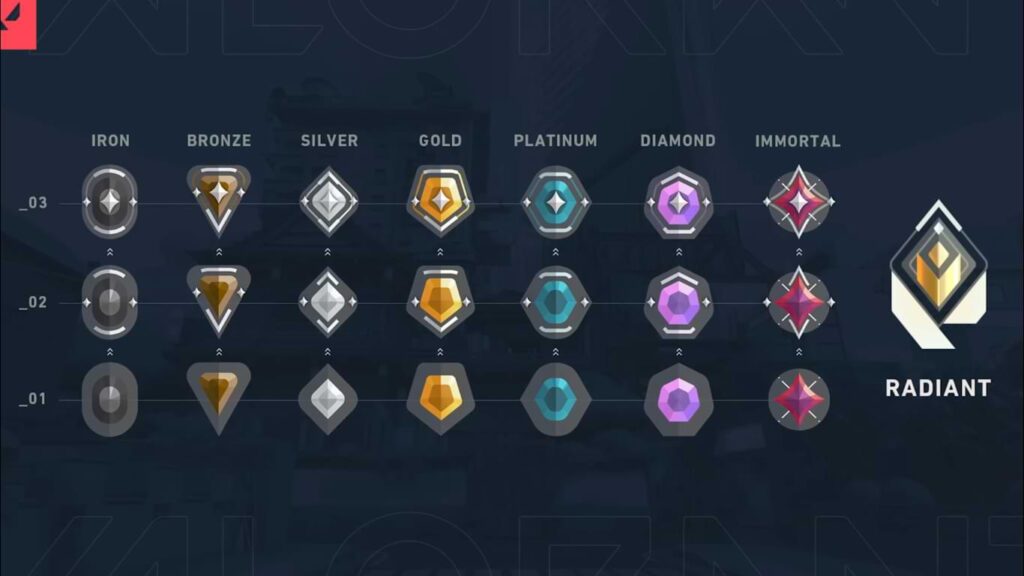Since its release, Valorant has become the go-to tactical shooter for players who crave a mix of Counter-Strike precision and Overwatch-style abilities. In 2025, with Riot Games continuously refining its ranked system, maps, and agent balancing, climbing the ladder now demands more than just sharp aim — it requires smart strategy and psychological resilience.

Understanding the Meta
The meta in Valorant is always shifting. In 2025, the current ranked environment favors initiator-heavy lineups. Agents like Fade, Skye, and Sova are dominating because of their information-gathering tools. Duelists like Jett and Reyna still shine in solo queue, but coordinated play often leans toward utility value over solo carry potential.
Map-specific agents have also become increasingly important. For example, Harbor is now a staple on Lotus, while Omen and Viper maintain dominance across control-heavy maps like Breeze and Pearl. Climbing ranked means not only mastering your aim but learning which agents bring the most strategic value on each map.
Aim Is Just the Beginning
Professional-level aim mechanics — like pre-aiming, crosshair placement, and counter-strafing — are just entry-level skills in higher tiers. What separates Immortal players from Platinum ones is game sense: when to push, when to rotate, and when to save. Use third-party tools like Aim Lab and VOD reviews to analyze your weaknesses.
Communication is king. Valorant’s ping system helps, but using a mic to call smokes, flashes, or rotate timings boosts win rates significantly. Avoid toxic behavior and use positive comms to build trust — your teammates are your resources.
Smurfing and Mental Tilt
One challenge players face is the presence of smurfs — high-ranked players on lower accounts. While frustrating, focus on consistency and your personal growth. If you’re stuck, reset with unranked games or change roles temporarily to shake off mental fatigue.
Streaks matter. Riot’s hidden MMR system rewards win streaks more than isolated high-perf games. Try to play when you’re mentally focused and avoid queueing right after a loss or while tilted.
Best Roles for Climbing Solo Queue
While every agent can work, controllers and initiators are statistically more impactful in lower- and mid-tier ranked games. You’ll have more influence over tempo and team decisions — especially with agents like Brimstone, who offer smoke control and post-plant pressure.
If you’re solo queueing, avoid heavy reliance on niche agents. Pick flexible, meta-friendly characters who can adapt to multiple situations. Remember: consistency wins leagues.